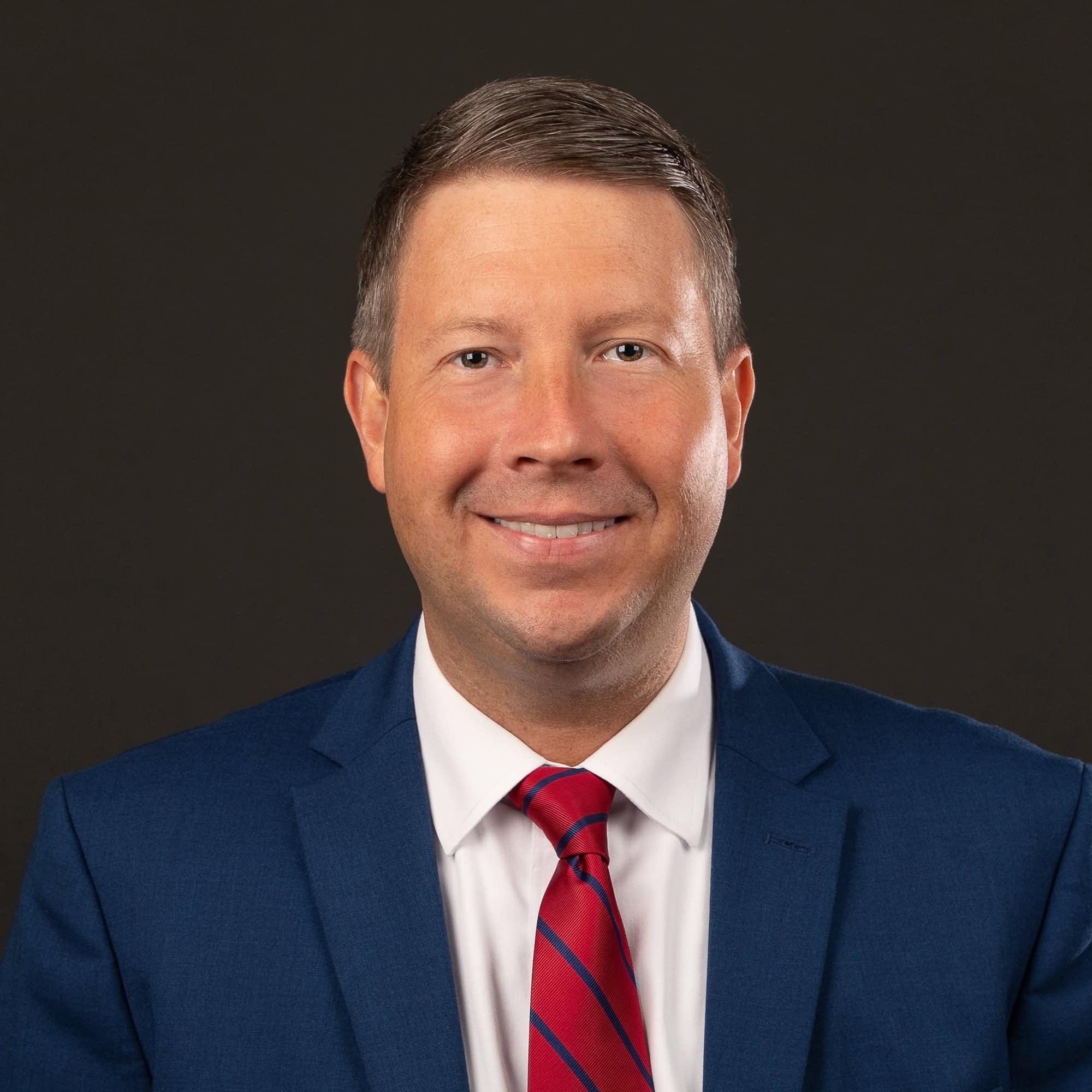Making Waves Podcast

Making Waves Podcast
Podcast Description
Culture, tradition, and politics daveroetman.substack.com
Podcast Insights
Content Themes
The podcast centers on themes of governmental accountability, transparency in governance, and the socio-political landscape in South Dakota. Episodes discuss topics such as human trafficking legislation, accountability measures in state governance, and local budgetary issues, with specific examples like Attorney General Marty Jackley's reforms and the proposed prison expansion controversy.

Culture, tradition, and politics
“What we are trying to do is really shine a light on who drives property taxes – and that is local government and their spending decisions, and then how do we address that from the state level to put the onus and the – not only transparency – but accountability on local elected officials to be honest with the taxpayers.” – Jonathan Williams
ALEC – American Legislative Exchange Council link.
Rich States, Poor States – South Dakota ranks 8th, falling from 2nd.
ALEC Essential Policy Solutions for 2026 – “One of our top tier solutions is our ALEC truth in taxation model policy around ‘how do you bring real transparency to property taxes?’”- Jonathan Williams
This is a public episode. If you would like to discuss this with other subscribers or get access to bonus episodes, visit daveroetman.substack.com

Disclaimer
This podcast’s information is provided for general reference and was obtained from publicly accessible sources. The Podcast Collaborative neither produces nor verifies the content, accuracy, or suitability of this podcast. Views and opinions belong solely to the podcast creators and guests.
For a complete disclaimer, please see our Full Disclaimer on the archive page. The Podcast Collaborative bears no responsibility for the podcast’s themes, language, or overall content. Listener discretion is advised. Read our Terms of Use and Privacy Policy for more details.